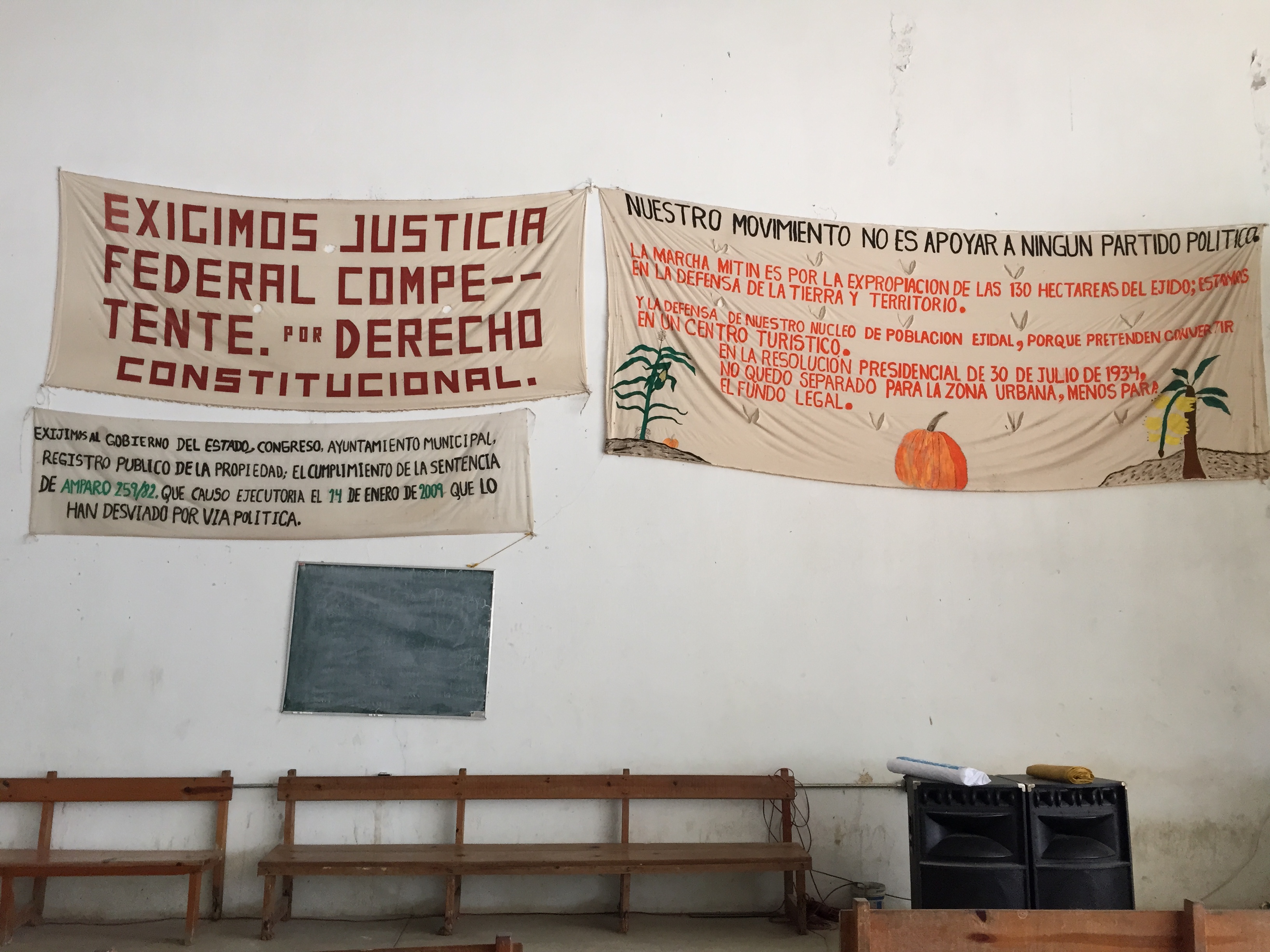(Dis)placement of Anthropological Legal Activism, Racial Justice and the Ejido Tila (Mexico)
Abstract
Through an analysis of a land-dispute case involving indigenous Ch ́ol community members in the state of Chiapas, Mexico, this article critically examines the role of anthropological knowledge in the production of the judicial arena as a terrain through which are disputed not only collective rights claims but also a sense of justice. The case of the Ch ́ol ejido, or communal land holding, of Tila reached Mexico’s Supreme Court in 2010. Yet five years later, tired of the excruciatingly slow pace of the judicial apparatus, Ch ́ol ejido authorities rendered their own verdict by way of an assembly decision that reclaimed the 130 hectares under dispute as their own. This para-state legal verdict unsettled the pre-ascribed role of different political actors — the state judicial apparatus, human rights organizations, and anthropologists — whose interplay grants certain cohesion and sediment to the current judicial arena in the country when indigenous communities are implicated. The assembly decision and subsequent actions in the ejido Tila displaced these actors, including the Supreme Court judges, and in doing so rendered visible the racialized hierarchies that neither human rights organizations nor anthropologists were effectively able to subvert.
KEYWORDS: Legal activism. Cultural expert witness reports. Indigenous territorial claims. Racial justice.
Image: Banners used by the ejidatarios of Tila on their marches. Source: https://radiozapatista.org/
Downloads

Downloads
Published
Issue
Section
License
- Autores mantém os direitos autorais e concedem à revista o direito de primeira publicação, com o trabalho simultaneamente licenciado sob a Licença Creative Commons Attribution que permite o compartilhamento do trabalho com reconhecimento da autoria e publicação inicial nesta revista.
- Autores têm autorização para assumir contratos adicionais separadamente, para distribuição não-exclusiva da versão do trabalho publicada nesta revista (ex.: publicar em repositório institucional ou como capítulo de livro), com reconhecimento de autoria e publicação inicial nesta revista.
- Autores têm permissão e são estimulados a publicar e distribuir seu trabalho online (ex.: em repositórios institucionais ou na sua página pessoal) a qualquer ponto antes ou durante o processo editorial, já que isso pode gerar alterações produtivas, bem como aumentar o impacto e a citação do trabalho publicado (Veja O Efeito do Acesso Livre).


